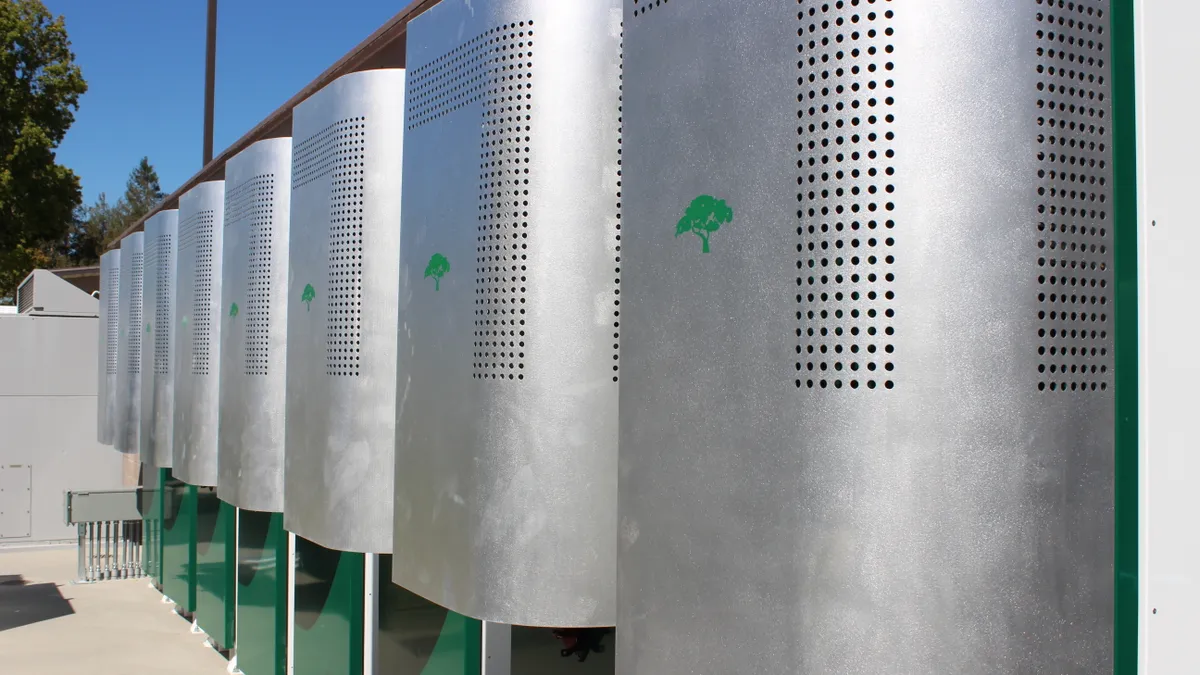Dive Brief:
- The U.S. Department of State on Tuesday issued a fact sheet related to its Energy Resource Governance Initiative (ERGI) to advance worldwide governance principals in the mining sector and secure a diversified energy resource mineral supply chain.
- Third on the list is meeting demand for energy technology. Critical energy minerals, such as lithium, copper and cobalt, could increase almost 1,000% by 2050, which is expected to strain the capacity of many countries to increase supply.
- Renewable energy, electric vehicles and energy storage are all dependent on those minerals, but the market is currently dominated by China. Part of ERGI's strategy is to reduce risk of supply disruptions, which could have critical impacts on those evolving clean energy technologies, by eroding China's dominance in supplying rare earth elements.
Dive Insight:
The U.S. energy storage market is expected to continue its exponential growth after increasing a record-breaking 232% from Q1 2018 to Q1 2019, Wood Mackenzie U.S. Energy Storage Monitor. But the storage market, along with renewables and EVs, precariously relies on critical minerals, and any disruption in the supply from China could potentially damage that progress.
To decrease this reliance, coupled with China's threat to use those types of minerals as leverage in the ongoing trade dispute, the U.S. State Department created ERGI.
"Over 80 percent of the global supply chain of rare earth elements, important minerals for electric vehicles and wind turbine components, is controlled by one country," the department said in its fact sheet.
Under the plan, the U.S. will share mining expertise with other countries to develop their mineral resources, as well as advise them on governance frameworks to help attracted foreign investors.
The hope is to ensure global supply for energy minerals meets increasing demand. "Global investment in mineral-intensive renewable power generation and battery storage technologies continues to outpace investment in fossil fuel power generation by over 100 percent annually," according to the fact sheet.
Even though the United States possesses critical minerals, the growth of battery storage, as well as electric vehicles, will require more sources than the ones domestically available, George Crabtree, director at Argonne National Laboratory's Joint Center for Energy Storage Research, told the Senate Energy and Natural Resources Committee June 4.
Canada and Australia, two large mining countries, have partnered with the U.S. in its efforts and others could join later, acccording to media reports said, citing a U.S. official.
The Energy Storage Association (ESA) and the American Council on Renewable Energy (ACORE) did not provide any comment on the new initiative.














